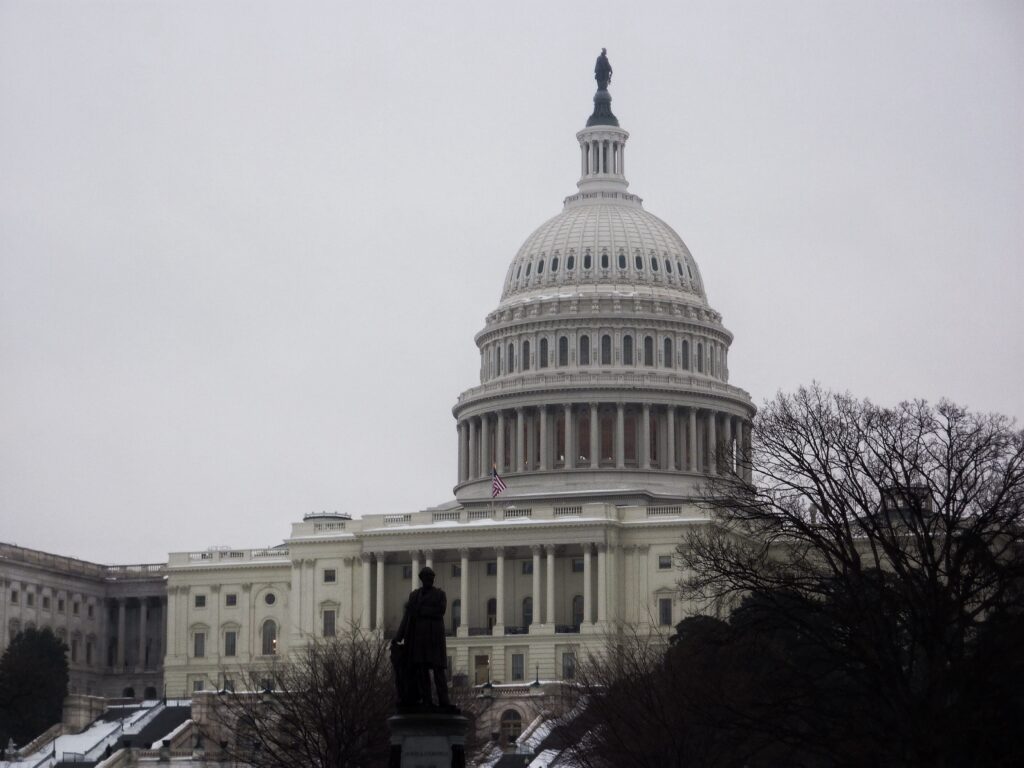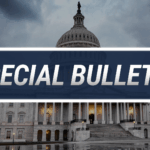Election Day has finally arrived – however, some physicians may not be celebrating the new 2025 Medicare Physician Fee Schedule (PFS) Final Rule that also just arrived.
Overall, average payment rates under the PFS will be reduced by 2.93 percent in the 2025 calendar year (CY), compared to the average for most of CY 2024. The reductions are mainly due to statutory requirements. Of note is that there may be some congressional action to stop this reduction.
Medicare is establishing new coding and payment rules for caregiver training for direct care services and supports. The topics of training can include, but would not be limited to, techniques to prevent decubitus ulcer formation, wound care, and infection control. They will also establish new coding and payment rules for caregiver behavior management and modification training that can be furnished to the caregiver(s) of an individual patient. These may be furnished via telehealth.
Medicare will allow payment of the Office/Outpatient (O/O) evaluation and management (E&M) visit complexity add-on code, Healthcare Common Procedure Coding System (HCPCS) code G2211, when the O/O E&M base code – which can be selected from Current Procedural Terminology® (CPT) codes 99202-99205, 99211-99215 – is reported by the same practitioner on the same day as an annual wellness visit (AWV), vaccine administration, or any Medicare Part B preventive service, including the Initial Preventive Physical Examination (IPPE), furnished in the office or outpatient setting.
Statutory limitations that were in place for Medicare telehealth services prior to the COVID-19 Public Health Emergency (PHE) will retake effect. These include geographic and location restrictions on where the services are provided, and limitations on the scope of practitioners who can provide Medicare telehealth services.
There are some services added to the Medicare Telehealth Services List, including caregiver training services (on a provisional basis) and some counseling and safety planning interventions (on a permanent basis). Medicare will continue the suspension of frequency limitations for subsequent inpatient visits, subsequent nursing facility visits, and critical care consultations for CY 2025.
Medicare is also finalizing, for a certain subset of services that are required to be furnished under the direct supervision of a physician or other supervising practitioner, a rule to permanently adopt a definition of direct supervision that allows the supervising physician or practitioner to provide such supervision via a virtual presence, through real-time audio and visual interactive telecommunications.
Medicare is also finalizing two policies related to billing of dental services inextricably linked to covered services. Effective July 1, 2025, the KX modifier will be required on claims for dental services that clinicians believe to be inextricably linked to covered medical services.
Medicare is also finalizing a new HCPCS add-on code to describe the intensity and complexity inherent to hospital inpatient or observation care associated with a confirmed or suspected infectious disease, performed by a practitioner with specialized training in infectious diseases. The new HCPCS add-on code describes service elements, including disease transmission risk assessment and mitigation, public health investigation, analysis, testing, and complex antimicrobial therapy counseling and treatment.
Medicare will also require the submission of a diagnosis code on the 837D dental claims format beginning July 1, 2025. A diagnosis code will be required on claims for dental services inextricably linked to covered medical services submitted via the 837D dental claims format.






















